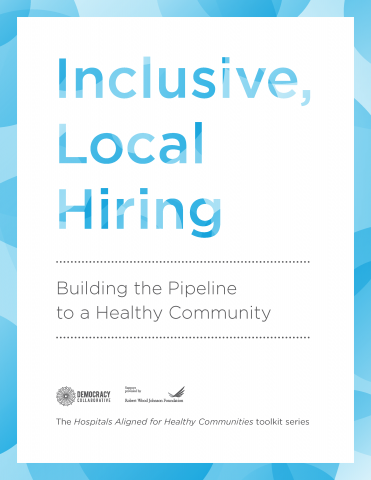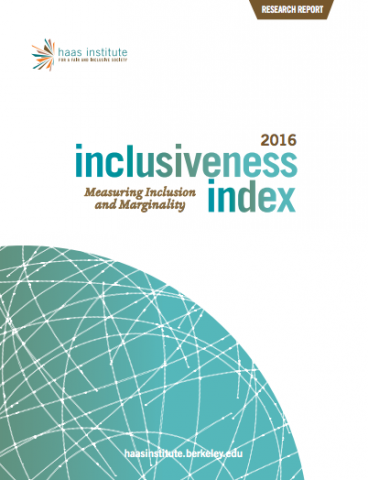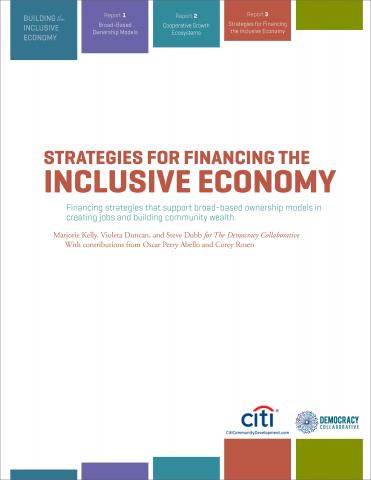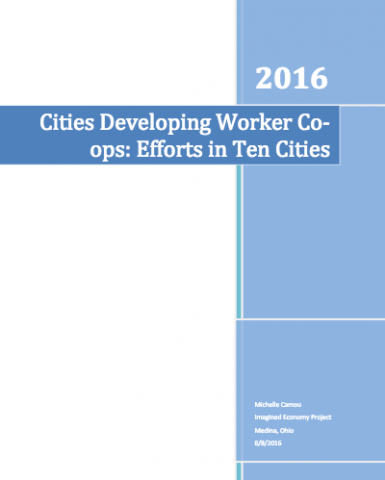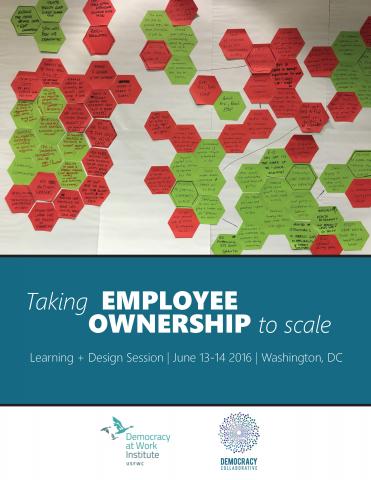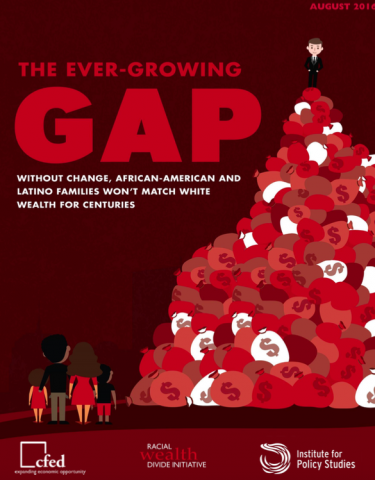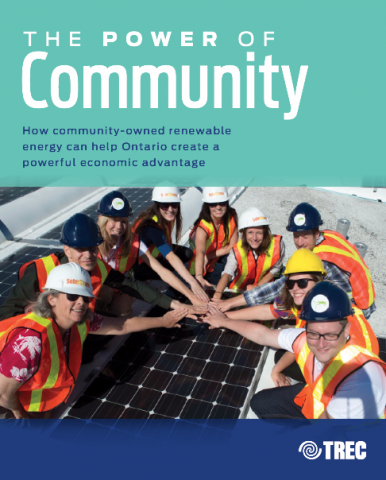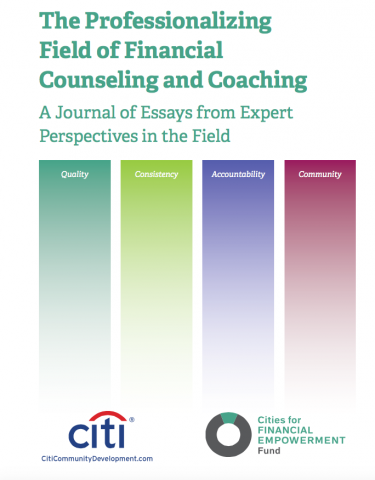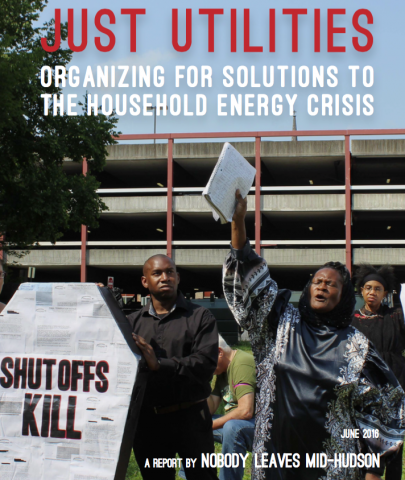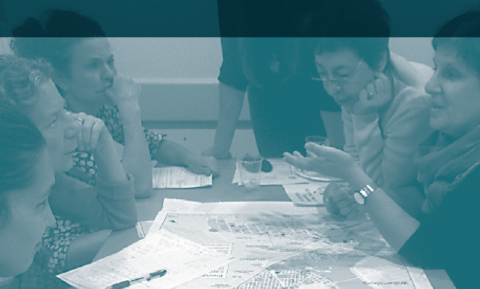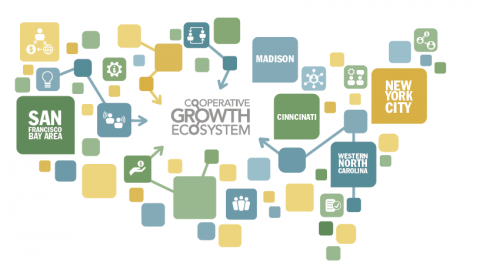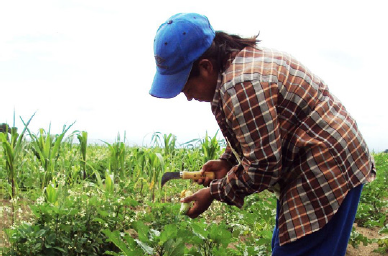Despite a recent development boom, Pittsburgh, Pennsylvania has experienced growing racial gaps in poverty, wages and employment over the past five years. This new joint report from PolicyLink, NeighborhoodAllies and Urban Innovation 21 sets forth an agenda for equitable development that prioritizes low-income residents, communities of color, immigrants, and others who have so far been excluded from Pittsburgh’s economic growth. Recommendations include expanding the use of community land trusts, leveraging anchor institution spending, and implementing diverse and local hiring and purchasing requirements for public projects:
